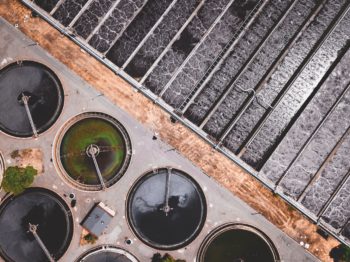Artificial Intelligence of Things Enabling Autonomous Waste Catchments
Competition: Breakthrough 1
Amount awarded: £1,998,000
Led by: Severn Trent Water
Project Completion date: October 2025
Water cycle tag: Waste Water Network
Partners: South West Water, Southern Water, Thames Water, Hafren Dyfrdwy Water, Northumbrian Water, Microsoft, Rockwell, British Telecom, Blackburn-Starling, 8power, National Cyber Security Centre, Exeter University
A cross-sector coalition – with partners including Microsoft, BT, the National Cyber Security Centre and the University of Exeter – to pilot the use of artificial intelligence that monitors a waste catchment area in real time to minimise the risk of flooding and sewage pollution. With the water industry accounting for 35% of river pollution, the project has received around £2 million to develop new and integrated approaches for spill prevention.
—
Update from the project (July 2025)
Carried out collaboratively between Severn Trent and its delivery partners, the AIoT project has made great advancements for the sector regarding AI automation design for wastewater catchment management. Severn Trent’s AI integrates three advanced data science models to simulate the Alfreton wastewater network and generate coordinated pumping station control schedules for pre-, during, and post-storm conditions. The project has positively demonstrated through simulation the potential for AI-based pump schedule optimisation to reduce spills by over 20%. Southwest Water’s AIOT trial continues to progress. They have completed upgrading their SPS asset, OT, flow monitoring and associated software which will allow for trial readiness in summer. Southern Water’s dry weather flow and storm calibrations using SLM data have been completed, and the results have been compiled in a final report for contribution to the Blueprint. Thames Water have completed their work on defining the requirement for integrating the AI model with existing Telemetry and Regional SCADA systems, and have tested the concept of using the existing telemetry outstations for site data exchange and execution of AI model outputs. The project as a whole has enabled the development of adaptable hardware design options for AI automation, soon to be shared in our AIoT sector blueprint document – the development of which, and led by University of Exeter, has accelerated since October 2024 and is now in the final stages of compilation.


